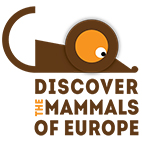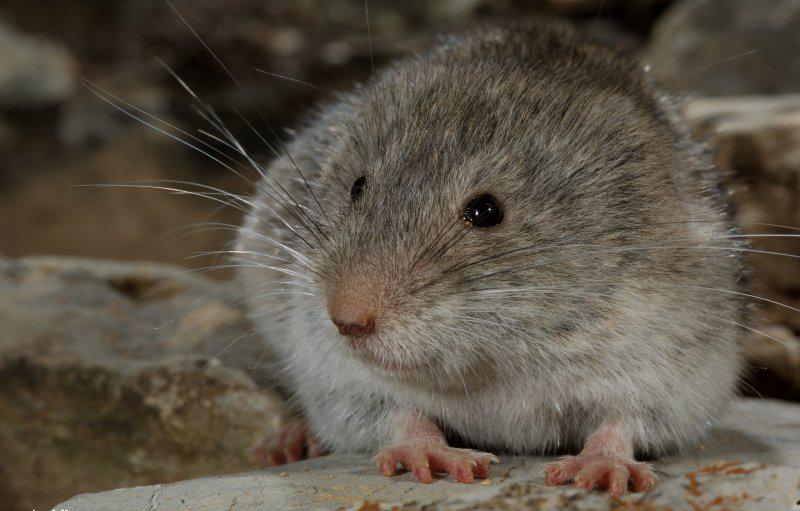 The European Mammal Foundation initiated the revision of the Atlas of European Mammals. For this second atlas the area covered is expanded into countries where hardly any information about the presence of mammals is available. One of these countries is Ukraine. To fill this knowledge gap the Schmalhausen Institute of Zoology of the National Academy of Sciences of Ukraine organises a 14-days camp in the Zakarpatska Region in summer 2019. The Zakarpatska Region is on the border of Ukraine, Slovakia, Hungary and Romania. The collected data will also be used for the first Mammal Atlas of Ukraine.
The European Mammal Foundation initiated the revision of the Atlas of European Mammals. For this second atlas the area covered is expanded into countries where hardly any information about the presence of mammals is available. One of these countries is Ukraine. To fill this knowledge gap the Schmalhausen Institute of Zoology of the National Academy of Sciences of Ukraine organises a 14-days camp in the Zakarpatska Region in summer 2019. The Zakarpatska Region is on the border of Ukraine, Slovakia, Hungary and Romania. The collected data will also be used for the first Mammal Atlas of Ukraine.
The area has a large diversity of landscapes that most likely house a good diversity of small mammal species. Landscapes include floodplains, agriculture, pastures, meadows, forests in the lowlands, different types of Carpathian forests and subalpine and alpine meadows in the Carpathians. This diversity necessitates a lot of trapping in different habitats. Small mammal live-trapping includes box-traps and pitfall traps, possibly camera traps and nest-boxes for dormice. The trapping will be done in four grids, two in Ukraine and the two others cross-boundary. Such cross-border survey is an opportunity to welcome participants from neighboring countries. Combined with the help of volunteers from other countries (Western European) this would allow us to gather sufficient information on as many species as possible.
Both experienced professionals and volunteers as well as unexperienced field researchers are welcome to participate. There should be 2-3 key skilled persons (let’s call them supervisors) who will be responsible for management of trap-lines in the field. Unskilled volunteers will join supervisors to set out the traps in the evening and to check the traps in the morning. The volunteers could swap between supervisors every day.
The aim is to camp at different places, with food cooked on open fire and sleeping in tents. Some people will have to stay in the field camp to do some tasks: either scientific (prepare collected specimens, fill in labels etc.) or camping tasks (e.g. help to cook dinner, collect firewood etc.). All of these tasks will be spread equally among all participants, without any discrimination on sex, gender, age, nationality, qualification.
During collecting small mammals each supervisor will have protocols to follow. Common and easily identifiable species will be released on site. Difficult identifiable and deceased specimens will be brought to the field lab and prepared for DNA sampling and museification. Skins and skulls will be deposited to the Ukrainian National Natural History Museum in Kiev. As the Summer Camp is a scientific project first of all, volunteers and other participants should understand and respect this.
Where?
Ukraine, Zakarpatska oblast (province), CGRS grids 34UFU1, 34UFU2, 34UFU3, 34UFU4.
When?
July 2019, 14 days.
What?
For more information download the information sheet: Ukraine summer camp 2019 (opens PDF file)
or contact Mikhail Rusin: mrusin@list.ru
Registration
Registration to participate in this camp is open. Click here to be directed to the regsitration form: Registration form







